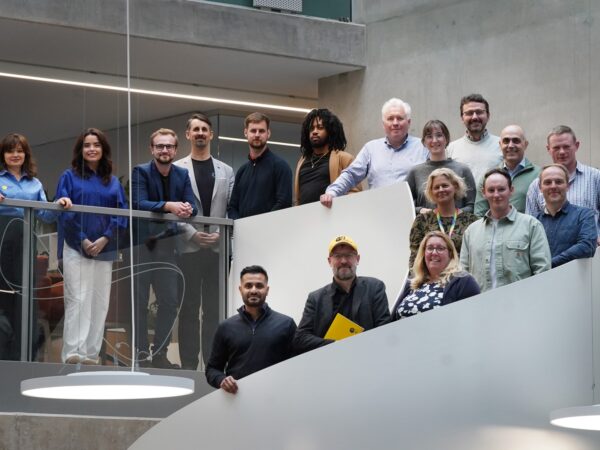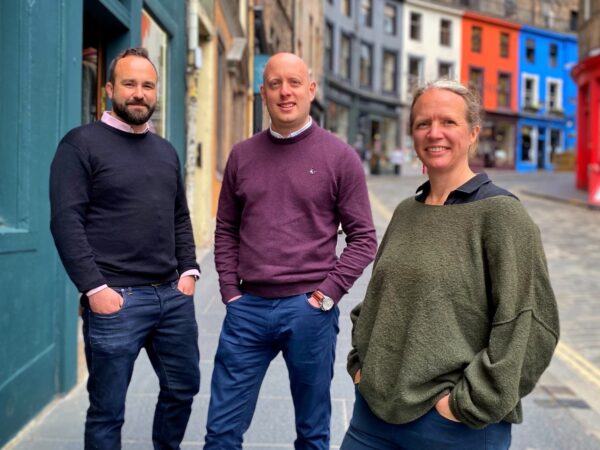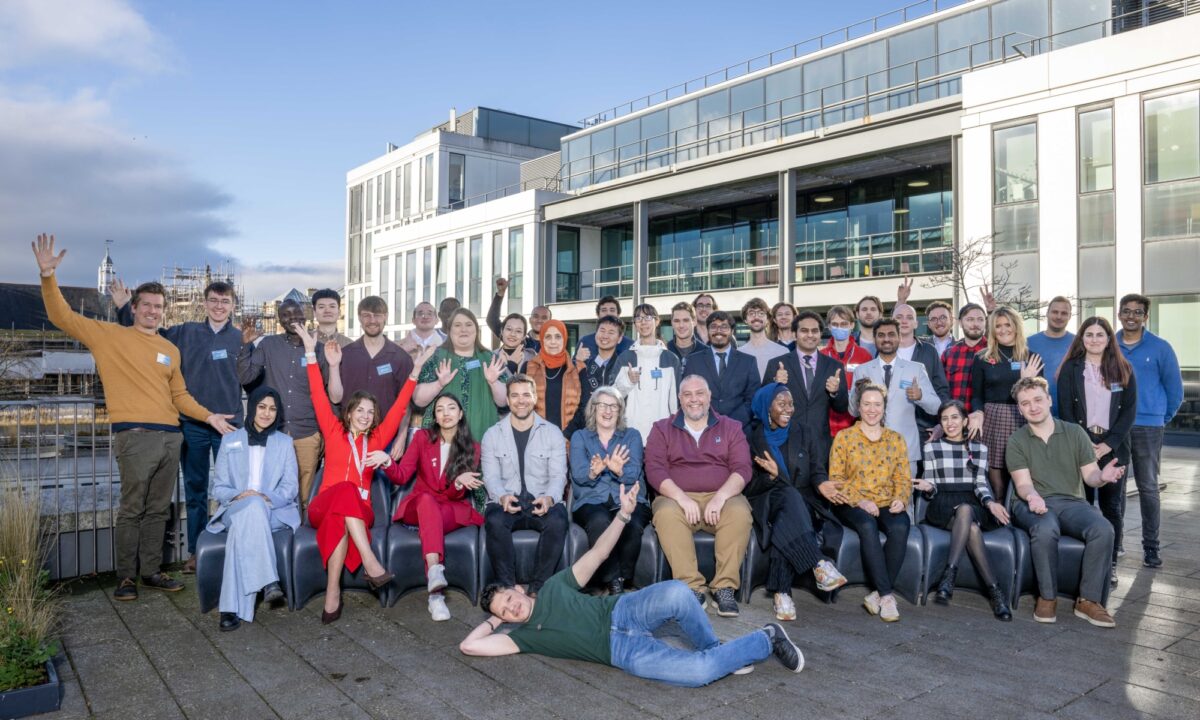
Scotland’s expanded Venture Builder Incubator (VBI) 5.0 has launched, supporting 34 entrepreneurs – 12 more than last year – from UK universities to grow and develop their businesses and skills.
The VBI programme, run by the University of Edinburgh, supports postgraduate students and research staff to test and develop ideas that use digital technology to address the world’s challenges.
VBI 5.0 introduces a new Health and Social Care cohort, supported by the Barclays Eagle Labs Ecosystem Partnership Programme, funded by the UK Government. Cancer Research Horizons, the innovation arm of Cancer Research UK, continues to support an oncology cohort as part of its commitment to help cancer researchers to progress their discoveries towards delivering patient benefit.
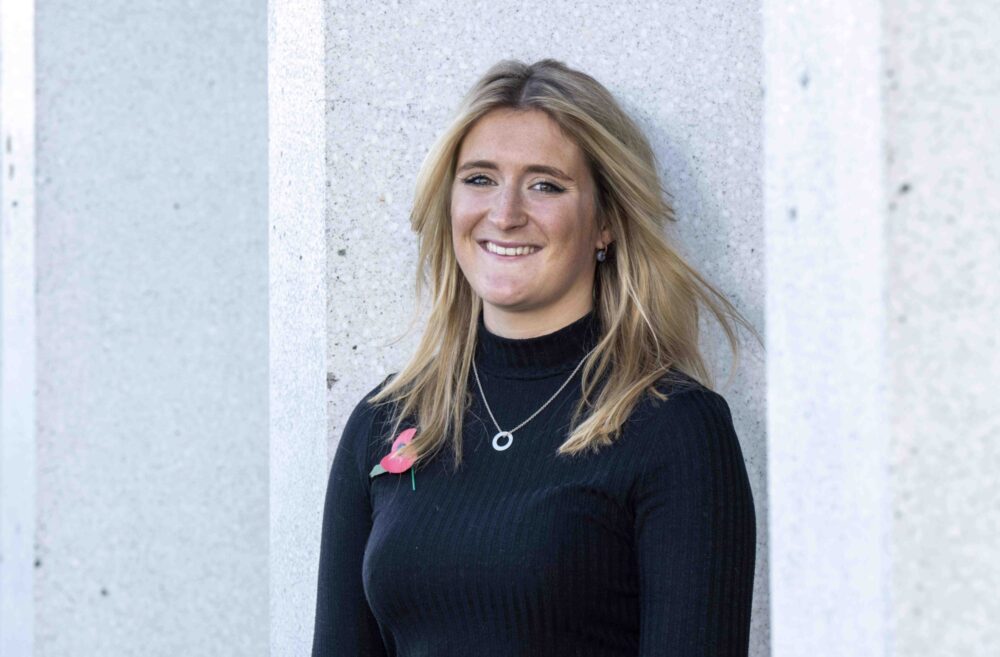
Amongst them is biosciences PhD student Elloise Stephenson, from Newcastle University, who is building a commercial screening service to assess a patient’s response to enzymes called kinases, to improve and personalise cancer treatment.
In the Health and Social Care cohort is Dr Heba Lakany, an Edinburgh graduate now at the University of Liverpool, who has created a portable robotic exoskeleton to support movement for those suffering arm paralysis following a stroke. Sixty-six per cent of the UK’s 1.3m stroke survivors each year will have an upper limb weakness and require help with daily activities post discharge.
In its fifth year, the VBI programme provides a share of up to £100,000 in support, as well as mentoring from industry-leading experts, interactive workshops, professional networking events and access to the Bayes Centre, which is part of the University’s Data-Driven Innovation initiative and one of six DDI hubs across the City Region.
VBI founders and companies have raised £8.2 million in grants and investment so far.
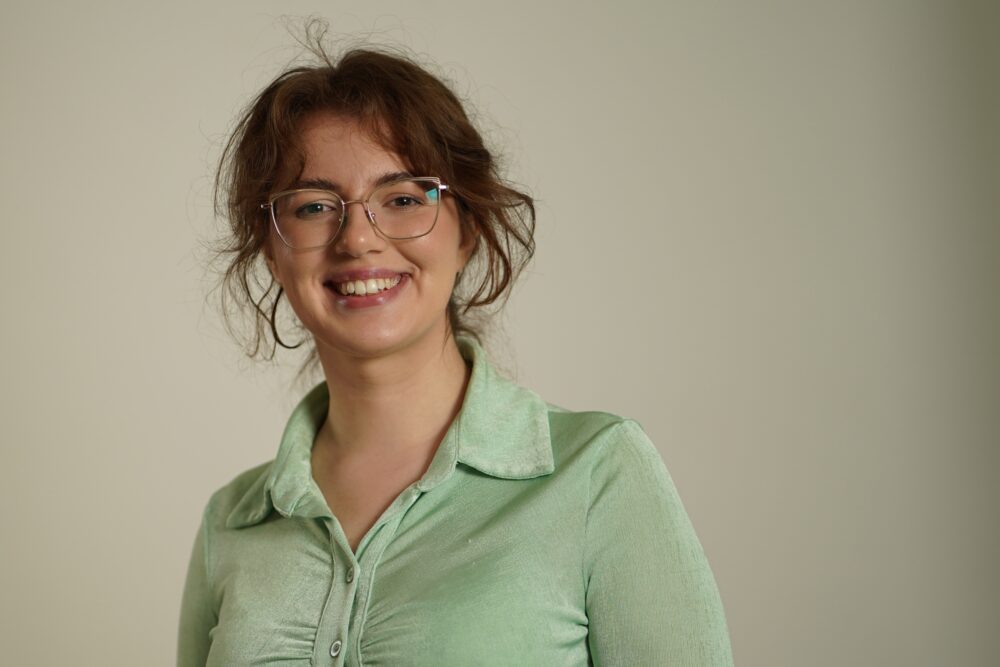
Health tech startup Papcup, which participated last year, is developing its non-invasive cervical cancer screening alternative to traditional smear tests. Founder Sânziana Foia, a PhD student at Imperial College London, said:
The VBI programme gave me concrete, practical support. For example, when I needed help with the electronics for Papcup, the team helped me find a contractor. The networking was of high quality and connected me with all the right people. ”
Richard Lennox, Senior Director at Skyscanner and Entrepreneur in Residence for VBI, said:
Some of the most innovative and impactful ideas come out of the UK’s universities, and it’s our honour to nurture these founders and companies, sharing all of our experience, skills and networks to help them make that impact. ”
Dr Andrea Taylor, CEO of Edinburgh Innovations, the University’s commercialisation service, added:
It’s fantastic to see the VBI programme expanding year on year, leveraging the entrepreneurial ecosystem we have here at the University and beyond to get ideas born of research out into the world, where they can improve lives. ”
To discover the full VBI 5.0 cohort, visit the Bayes Centre website
